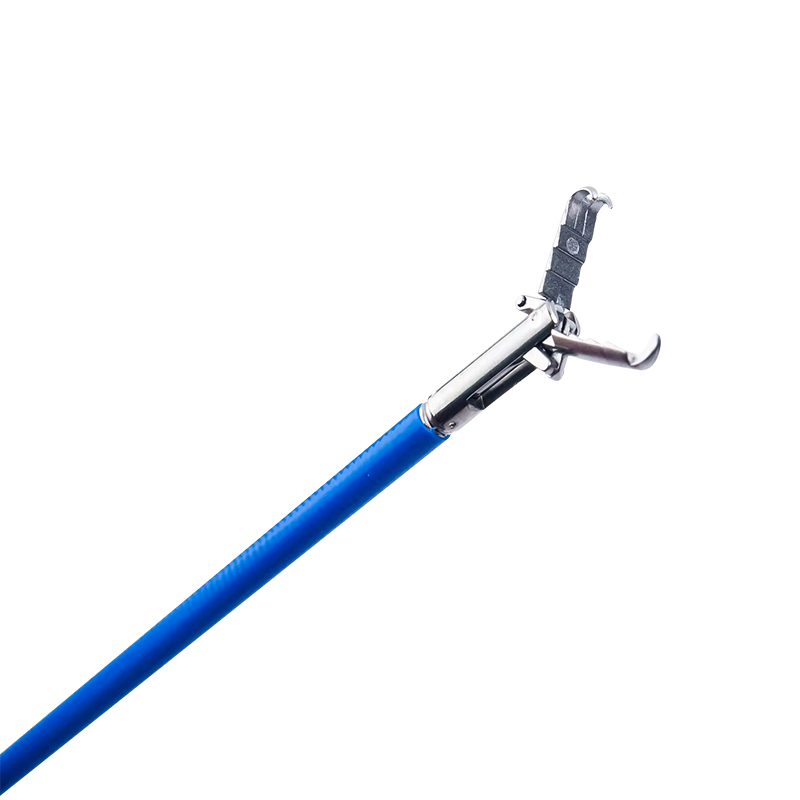Surgical instruments play a vital role in the modern medical field. They not only help surgeons complete complex operations, but also ensure the safety of patients during and after the operation. The precise design and manufacturing of these instruments enable them to perform efficient functions in various surgical procedures, thus promoting the advancement of medical technology.
There are many types of surgical instruments, including scissors, forceps, pliers, needle holders and aspirators. Each instrument has its specific purpose and design. For example, surgical scissors are usually used to cut tissues, while forceps are used to clamp small tissues or objects. The design of these instruments must not only take into account functionality, but also ensure the safety of operation. When using these instruments, surgeons must understand their correct use to avoid unnecessary injuries or complications.
With the advancement of medical technology, surgical instruments are also constantly evolving. Modern surgical instruments are not only more sophisticated in design, but also introduce high-tech materials and manufacturing processes. For example, the use of materials such as stainless steel and titanium alloys improves the durability and corrosion resistance of instruments. At the same time, the introduction of digitalization and robotics has significantly improved the precision and operability of surgical operations.
Maintenance and disinfection of surgical instruments are also crucial. Since instruments come into direct contact with the patient's tissues and body fluids during surgery, ensuring the sterility of the instruments is crucial to preventing infection. Hospitals and medical institutions usually strictly follow disinfection and sterilization procedures to ensure that each instrument is sterile before use. This not only protects the health of patients, but also reduces the occurrence of postoperative complications.
Surgical instruments play an indispensable role in the medical field. Their design, manufacturing and maintenance directly affect the effectiveness of the operation and the safety of the patient. With the development of science and technology, surgical instruments will continue to develop towards higher precision and better performance, thus bringing more innovations and breakthroughs to the medical field.

 English
English عربى
عربى Español
Español







